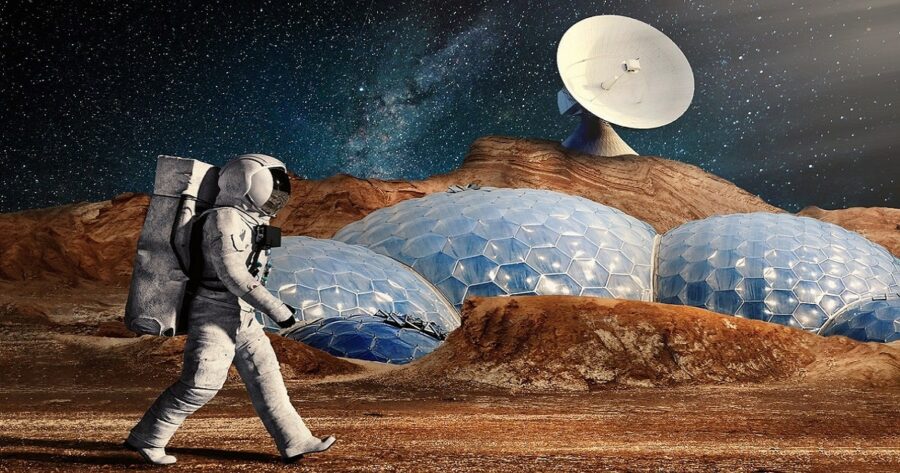The idea of colonizing Mars has captivated the imagination of scientists and the public alike for decades. With recent advances in technology and an increased focus on space exploration, the possibility of humans setting up permanent settlements on the red planet is becoming increasingly realistic.
One of the main reasons for colonizing Mars is the potential for it to serve as a backup plan for humanity. With climate change and other threats to Earth’s habitability, having a colony on Mars could ensure the survival of our species in the event of a catastrophic event on Earth. Additionally, the colonization of Mars could also provide an opportunity for scientific discovery and the advancement of technology.
The first step in colonizing Mars would be to send robotic missions to the planet to gather data and pave the way for human exploration. These missions would focus on tasks such as identifying potential landing sites, searching for water and other resources, and testing equipment that would be used by humans.
Once these preliminary missions have been completed, it would be time to send human explorers to the planet. Initially, these missions would be focused on conducting research and laying the groundwork for a permanent colony. These explorers would live in small, self-sufficient habitats and would be responsible for tasks such as constructing infrastructure, growing food, and conducting scientific experiments.
As the colony grows, more and more people would be sent to Mars, and the colony would begin to resemble a small town. The colony would be self-sufficient, with its own power and water supply, and the inhabitants would be able to grow their own food using hydroponics and other methods.
One of the major challenges facing the colonization of Mars is the cost. The initial missions and the establishment of a colony would require a significant investment of resources. However, as the colony grows and becomes more self-sufficient, the cost would decrease and the colony would become economically viable.
Another major challenge facing the colonization of Mars is the lack of atmosphere and the harsh conditions on the planet. Humans would have to live in sealed habitats and would be at risk of exposure to radiation, dust storms, and other hazards. However, scientists and engineers are working on solutions to these problems, such as developing radiation-shielding materials and ways to extract resources from the Martian soil.
In conclusion, the colonization of Mars is an ambitious and challenging goal, but it is also an exciting opportunity for humanity. It would not only ensure the survival of our species, but it would also serve as a stepping stone for further exploration and the advancement of technology. With continued research and development, the dream of a human colony on Mars may soon become a reality.
Moving to Mars is likely a one-way trip due to the current technology and resources available. This means that those who choose to make the journey will have to be mentally tough and prepared for the challenges that come with living on a new planet. The journey itself will also be difficult and risky, and the individuals will need to be able to handle isolation and uncertainty. It’s a brave decision, but for those who are willing to take on the challenge, the rewards of being among the first to colonize another planet could be great.









